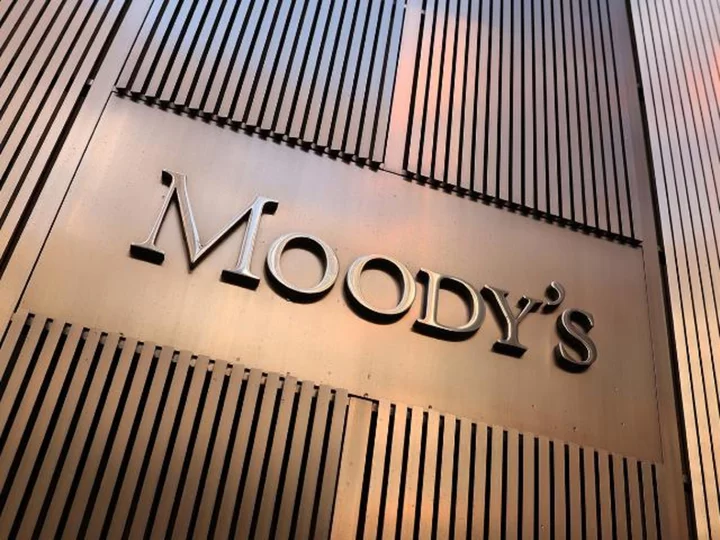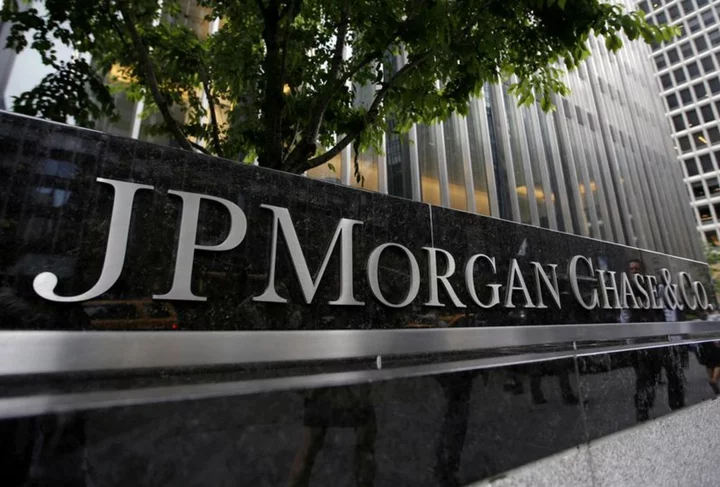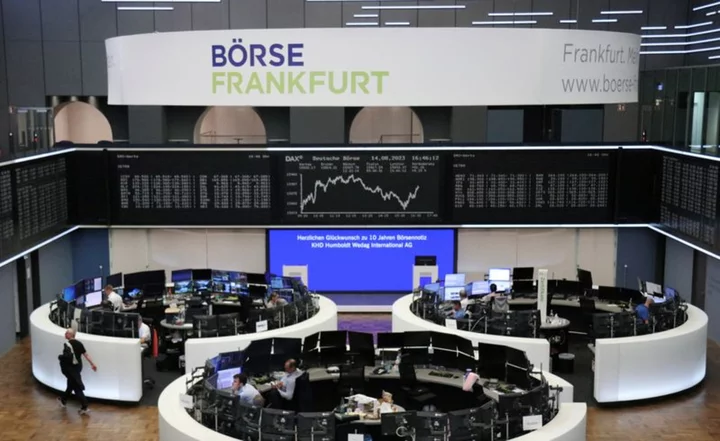Moody's has put the credit ratings of six large US banks, including Bank of New York Mellon, State Street and Northern Trust, under review for a possible downgrade.
The credit ratings agency said late Monday that its warning on the three banks reflected "ongoing strain" in the US banking sector, including increased pressures on funding and potential "weaknesses" in the amount of capital lenders are required to hold.
A lower credit rating could push funding costs for those banks even higher.
US stock futures sank on the news, with the Dow set to open 250 points, or 0.7%, lower. S&P 500 futures also fell 0.7%, and Nasdaq futures were 0.8% lower.
The US banking industry was shaken earlier this year by the collapse of Silicon Valley Bank, Signature Bank and First Republic in quick succession.
The other three big banks on the agency's radar are Truist, Cullen Frost and U.S. Bancorp. The agency cited the same reasons for its action regarding those, but also mentioned "rising risks associated with commercial real estate exposures."
The value of US offices is falling as remote work has become a lot more widespread since the pandemic. This, in turn, has raised fears that banks, which finance many commercial real estate deals, could suffer losses as a result. Regional and community banks are particularly exposed to these loans.
"Most regional banks have comparatively low regulatory capital versus the largest US banks and global peers," Moody's noted Monday.
US banks' second-quarter earnings showed "material increases" in funding costs and pressures on their profitability partly related to a string of sharp interest rate hikes in the United States, the agency added.
Moody's also downgraded 10 smaller US banks Monday, including Commerce Bancshares, BOK Financial Corporation and M&T Bank Corporation.
Explaining the action, the agency cited, among other factors, a rising risk that lenders' assets will decline in value, in particular for small and mid-sized banks with large exposures to commercial real estate.









